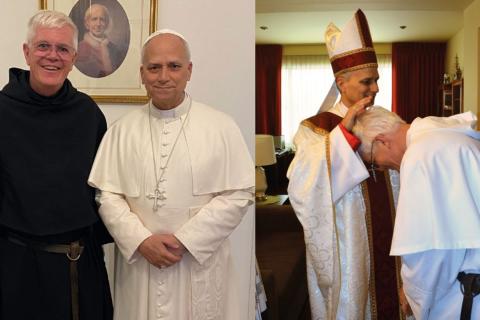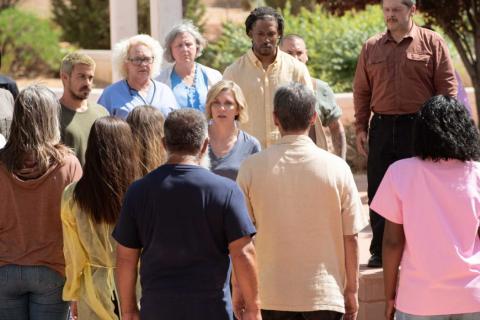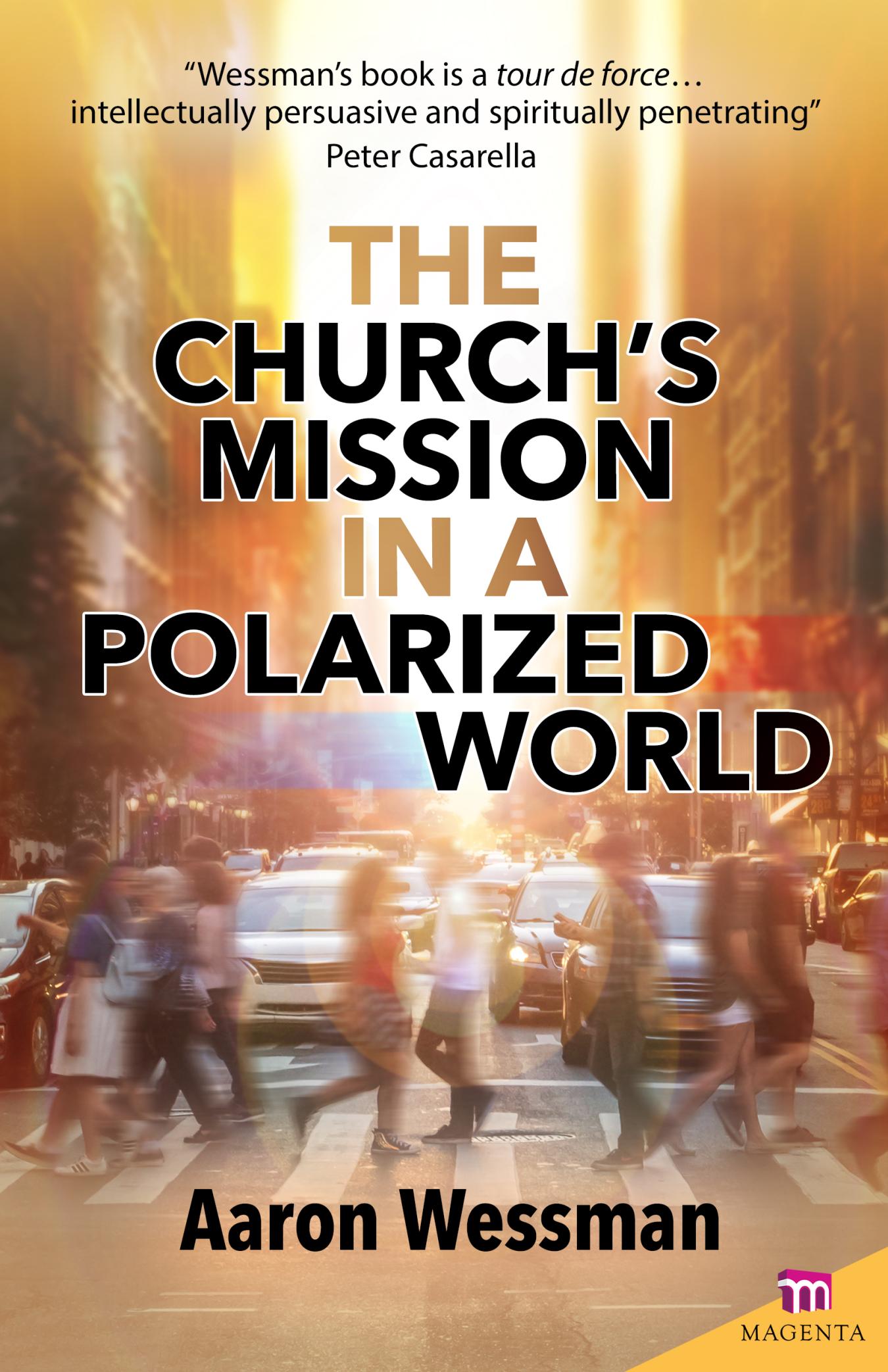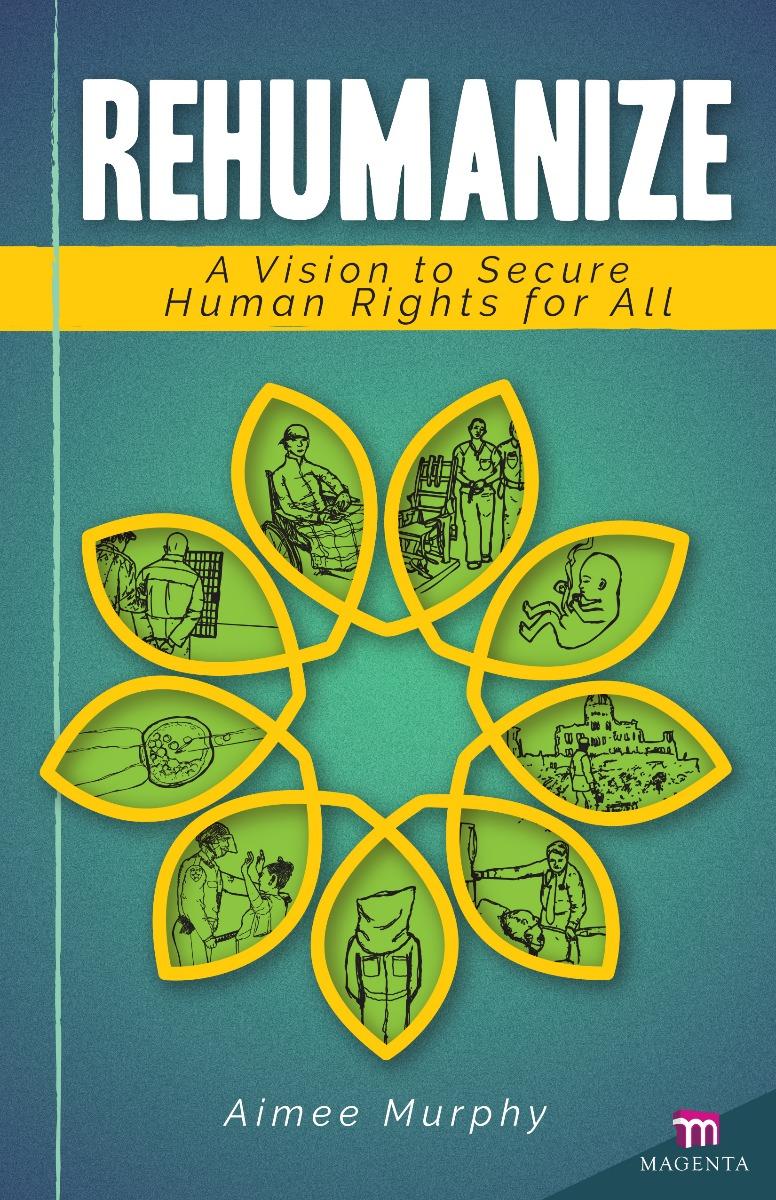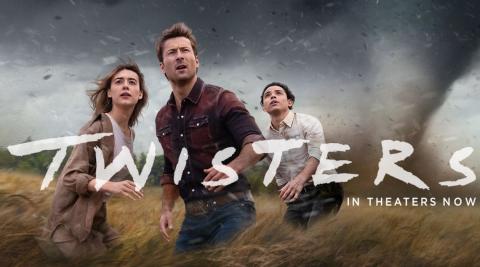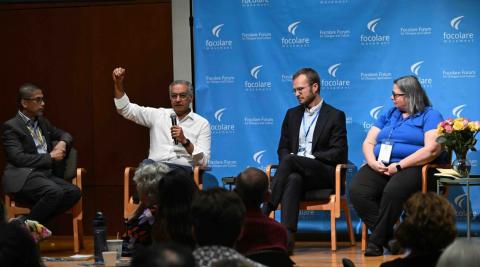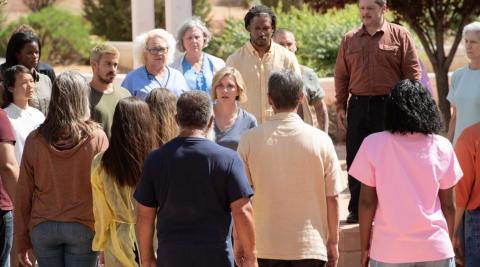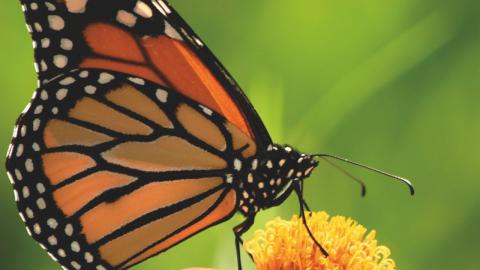Lights and shadows in a metropolis suspended between the sacred and the profane, the city is an international attraction that is not without its poverty and problems
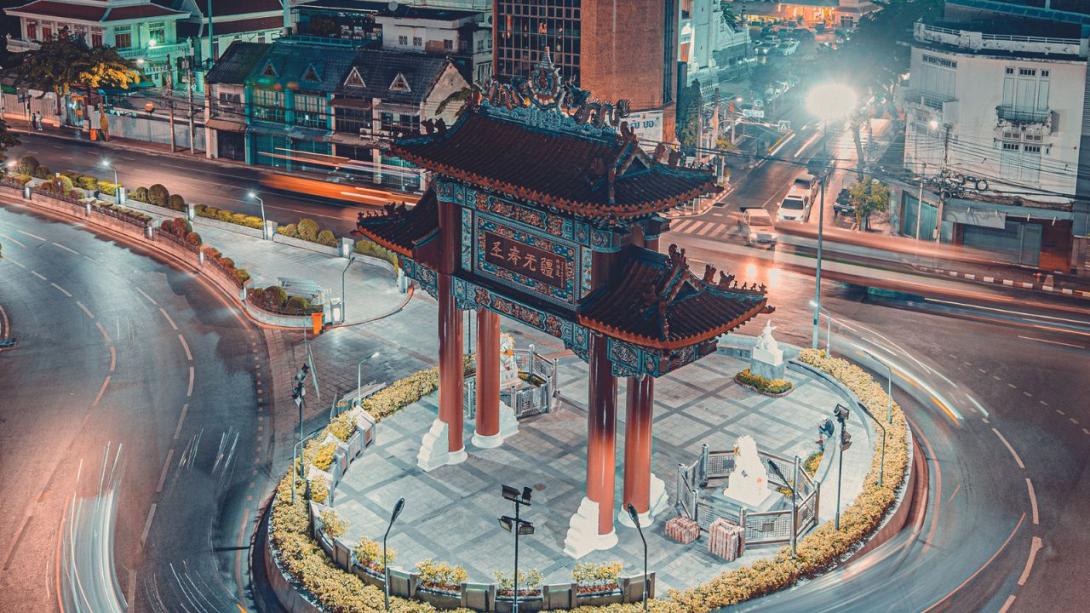
Photo by Joshua Rawson-Harris | Unsplash.com
Bangkok (Krung Thep in Thai) is the city of angels (Krung is “city,” Thep means “angels”). In Hindu mythology, angels are everywhere.
The name of the city goes on: Mahanakhon Amonrattanakosin Mahintharayutthaya Mahadilokphop Noppharatratchathaniburirom Udomratchaniwetmahasathan Amonphimanawatansathit Sakkathattiyawit-sanukamprasit. It’s no wonder that Bangkok holds the record for the world’s longest place name!
I arrived 28 years ago in this bustling metropolis, with its population of 14 million, and I think by now I even know the locations of all the potholes in the city. Its inhabitants have been able to reconcile a centuries-old culture, and a kind and tolerant nature, with the technological developments of a megalopolis and the tensions existing in this geopolitical area.
Thai means “free,” and this country has never been the object of European colonization. Its geographical position and present diplomatic relationships with China and the U.S. have earned it a freedom that is the envy of other nations in the region. The Chinese consider it a safe harbor for legal investments, many in the field of construction. On the other hand, the U.S. considers Thailand a respected military partner, providing a platform from which they can comfortably survey Asian geopolitics.
Before the pandemic, Thailand saw 40 million tourists a year. The way how the city welcomes both tourists and people who want to relocate there is unique. It is a mix of a culture that is modest and accepting, yet firm in ensuring that people respect the law. The prisons in Thailand, in fact, host many foreigners who thought Thailand was soft on crime.
For those who arrive, a humble spirit and even a minimum knowledge of the language are much appreciated by the Thai people: it is a sign of love for their country.
When I first arrived in Bangkok in the 1980s, it was the rainy season, and the streets were flooded for weeks. Water-containment projects over the years have improved the situation for the city’s inhabitants. Today Bangkok has some of the world’s largest canals and a waterway system that guide the water to the east of the city and from there toward the sea.
Bangkok is now moving towards a “green” modernization, in tune with the times. The objective is the preservation of nature, with projects for parks and reservoirs built to help mitigate one of the city’s major problems, that is, the constant rainfall—from late August to late September—that marks the end of the monsoon season. The water flowing from the north has to pass through the city, while the Chao Phratiya River and the high tides block the outflow.
A few years ago I was in the Assumption Cathedral, at a distance of 55 yards from the river bank. The water was just one inch below the maximum alert level, yet no one was alarmed, except for me.
The Thai people from as far back as April 21, 1782 have grown accustomed to it. The then King Rama I Phuttyotfa Chulalok erected the “Gate to Bangkok,” which still today can be admired in the Chinatown of the nation’s capital.
Since that day the village on the bank of the river prospered and became a wealthy megalopolis. Sometimes, for fun, I try to calculate the cost of the first ten cars lined up at the stoplight: the total is never less than $400,000! Skyscrapers, commercial centers and designer outlets from all over the world establish their headquarters in this area.
But Bangkok has another face as well: dilapidated shantytowns like Khlong Toei, near the port district, where drugs are plentiful, even though every day enormous quantities are confiscated. There are 44 such shantytowns in existence. With the pandemic, the number has grown, and so has the need.
Having lived here for years, I know that the local clergy’s service for the “least” in this society is not taken for granted. There exists a prevailing concept of “negative karma”—if today you are poor and marginalized, it means that in a previous life you committed wrongdoings.
I know, however, of some modern-day angels who attend to those in need as much as they can, like the group of Xaverian missionaries who live in Khlong Toei in an old building rented from the diocese of Bangkok. There they take care of about 100 children of impoverished, dysfunctional families, some with a history of violence.
There is help from a small group of local volunteers and a few seminarians. I ask myself: can a dozen people make a difference in an ocean of marginalization?
This too is Krung Thep: openly practiced sex work, the trafficking of drugs and humans, abuse and death. Then there are those people who are ready to give their lives for their neighbor, people at the service of others.
“Father Alex,” I asked, “what is your dream for this city?”
“That there be greater solidarity among the people. There is enough for all. What counts is to open your eyes, your heart and your hands and help the people, without being afraid.
“Bangkok is not paradise on earth, but our love can make a difference. You and I can make this city a better place.”




